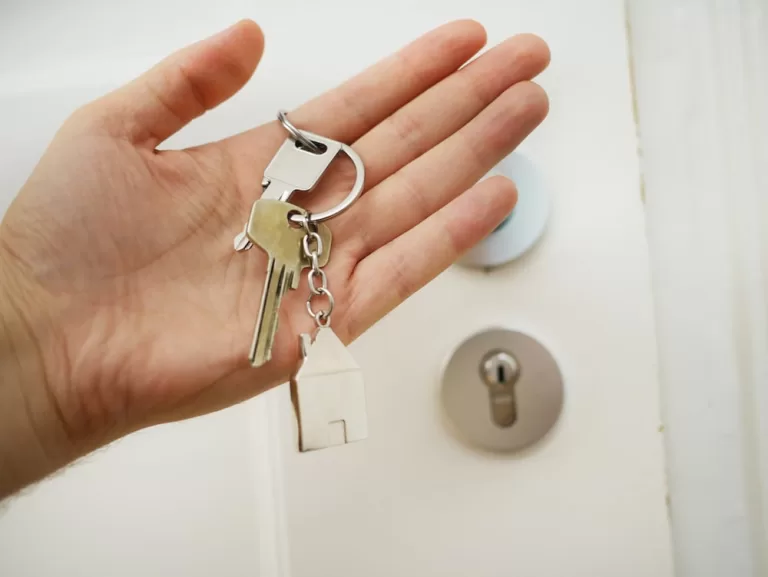8 Smart Tips to Help to Reduce Workplace Anxiety
Workplace anxiety can be crippling and can significantly affect productivity, morale, and job satisfaction. It’s important for employers and employees to address this issue and take steps to reduce workplace anxiety. By following a few simple tips, you can create a less stressful work environment and help everyone feel more comfortable and confident. From learning everyone’s name and asking for help when needed to using neutral language and encouraging in-person conversations, these tips can help you reduce anxiety and create a more positive workplace culture.
Learn Everyone’s Name
When you have good one-to-one relationships with the individuals in your office it is easier to deal with any problems that arise with the original person instead of venting or gossiping to others. It all begins with learning the names of people and what their responsibilities are. If you forget the name of someone, don’t be too embarrassed to ask them. It is always possible to build stronger office relationships.
8 Smart Tips to Help to Reduce Workplace Anxiety
Ask For Help
Whenever it is hectic at work, it can be very easy to say “yes” even if it is something you don’t know how to do. However, in the long run, it is worth the discomfort of asking for clarification or help.
When you ask for help, it not only aids in managing your workload and mental health but also demonstrates to your superiors that you genuinely care about doing a good job. Acknowledging when you need support and understanding how anxiety can manifest in high-pressure situations are important steps towards maintaining both professional efficiency and personal well-being.
Asking for help can extend beyond your workload. Asking for help with anxiety is a huge step in overcoming any issues you are having. Speak to the social anxiety disorder specialists.

Avoid Triangles
There are so many workplaces these days that focus on venting about other people or gossiping about coworkers. Although that might provide temporary entertainment or relief, all it does is build up stress and tension. In offices that are full of that type of negativity, you can practically feel it in the air. It is called “triangling” when you bond with a person by talking about another individual. This is a very unhealthy way to try to manage your work anxiety. Some examples of triangles include using a person as a scapegoat, criticizing somebody behind their back, and gossiping about someone.
Venting to a coworker might be tempting, but try to keep the issue between you and the individual you are having a conflict with. At first, it may be difficult, but your anxiety can be reduced by approaching the person and communicating the situation’s facts to them. Tell them you want to resolve the issue and are motivated to create an honest and open workplace.
If you are a supervisor or employer, think about how employees can be encouraged to work out their conflicts amongst themselves and if they have any problems with your leadership to approach you honestly. You may also wish to complete a course like this one on Dealing with Difficult Situations to learn about how you can help encourage communication between employees and diffuse any brewing conflicts before they have a chance to spiral out of control.
Set Honest Deadlines
Sometimes anxious people will agree to timetables and deadlines that they know they will not be able to meet. However, it is usually best to be upfront and honest instead of apologizing late. Not all deadlines are negotiable, but you will be saved hours of anxiety when you can be upfront and honest and work at a reasonable pace. You will look even better if you finish the job early.
If, however, you feel that your anxiety remains even after you have raised your concerns about tight timetabling, it might be worth raising this with your boss, a friend, or someone else close to you as you might be suffering from a more severe form of anxiety, rather than simply feeling anxious due to a stressful situation (as well all do, now and then). The first step in combating this is by understanding severe anxiety symptoms, and then talking to a medical professional who will be able suggest to you the next steps. There is no need to suffer alone, or in silence.
Use Neutral Language
When you can learn how to use calming and neutral language at work it can help to reduce everyone’s anxiety in the office. It is much easier to manage disagreements when you start out by saying, “Here is what I am thinking,” and then end with “What do you think?” That allows people to feel that they have input and it will be a lot more likely that they will hear what you have to say. Questions such as “How can we prevent this from happening in the future? or “What can we do about this problem” can also help you with problem-solving.
Stay in Contact
It is only natural for humans to want to cut off or avoid contact with individuals who make them feel uncomfortable. The same is true within the workplace. You might not reply to emails that you do not have answers for. Or you might avoid going into the break room after you and a bullying coworker have had a disagreement. Perhaps you try to leave work before your boss has the chance to ask you a question. However, the problem with avoiding things is that this is just a temporary solution. When distance is used for managing difficult emotions such as confusion or disagreements, will just cause your work anxiety symptoms to grow worse over time.
You need to flex your contact muscle to make it grow stronger. Over the long run, the more you are able to approach communication and problems directly, the less anxious you will feel. Great leaders are able to stay in contact with individuals who have different styles of work or points of view. Remaining in contact also can help you improve on being able to say “no” to extra responsibilities that make you feel less effective and overworked in your job.
Don’t Drag Down Other People
At times, office drama might be entertaining. However, ultimately it lowers morale and makes the workplace environment more stressful. When people are talking poorly about the boss or coworkers, try to change the subject or just come up with a reason why you need to leave the room. Do not respond to emails or texts that are trying to drag down others.
Encourage In-Person Conversations
Trying to decipher intentions and emotions electronically can be very difficult. A lot of workplace anxiety is caused by emails being misinterpreted or waiting to hear back about a subject that is difficult. If a certain issue is making you feel especially anxious, do not hesitate to have a conversation in person or by phone to clarify things.








